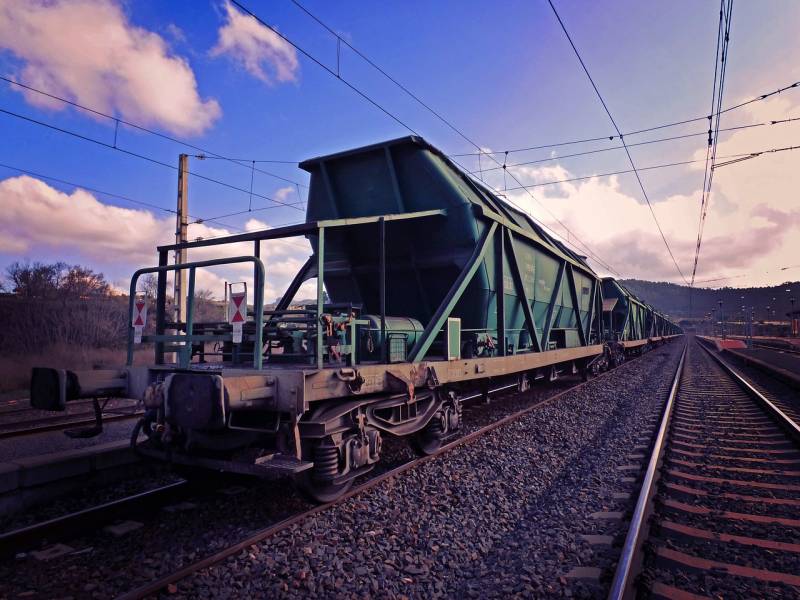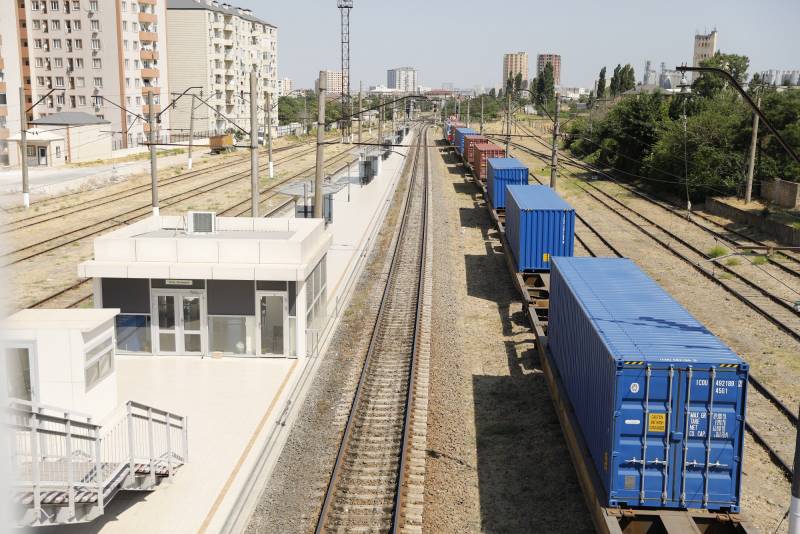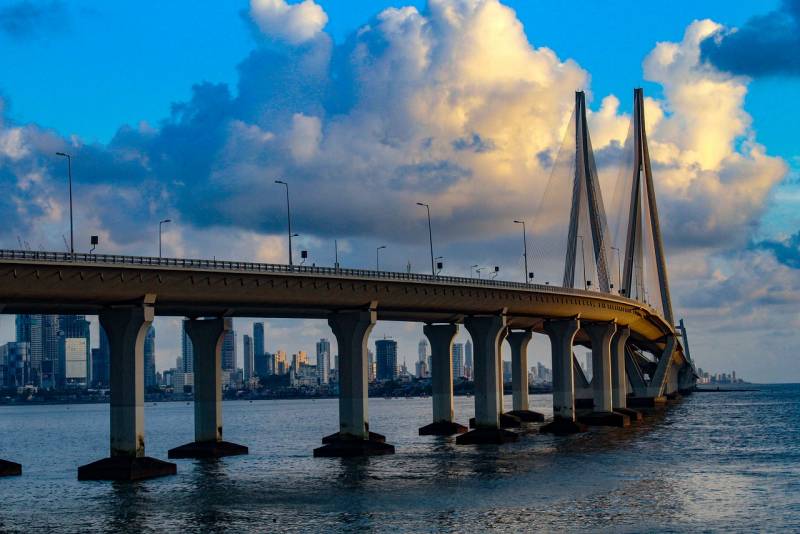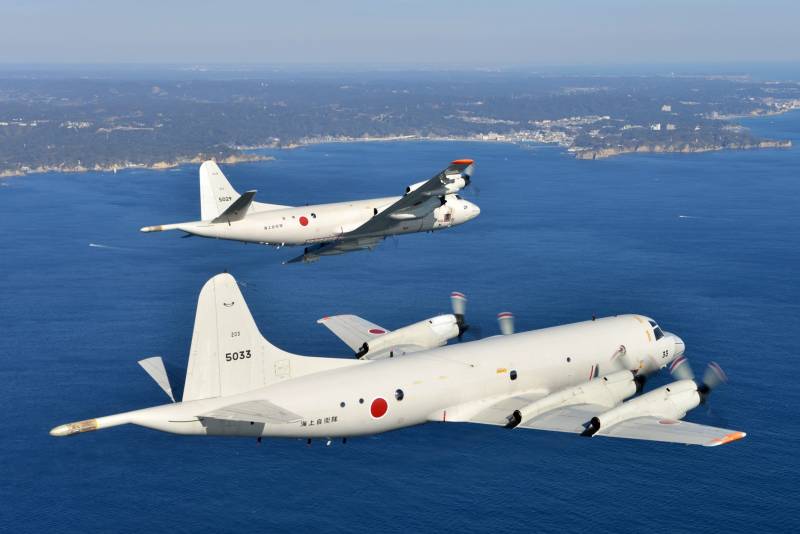The "Silk Road" with the participation of Russia is under threat
The rapid change of power in Afghanistan that took place before our eyes, last year's war in Nagorno-Karabakh, as well as large-scale protests in western Iran that raged in July this year, at first glance, have little in common.
However, in the Russian media, there are still rare suggestions that this chain of geopolitical cataclysms is capable of shifting plans for the construction of the North-South International Transport Corridor. This route from Europe to India was, among other things, to become an alternative for the Russian Federation to hydrocarbons that are rapidly losing their relevance in the Western world. Such a continental transit, losing to sea transport in terms of the cost of transportation, would, however, significantly benefit in the speed of delivery.
A simple example: a train that left the Iranian Astara (where the transition from 1435 to 1520 mm gauge is carried out), through the railways of Azerbaijan and the Russian Federation (1520 mm gauge) and Finland (1524 mm - fully compatible with the "Russian") is able to reach without changing bogies to the Swedish city of Haparanda (transition from 1524 to 1435 mm) in just a week. This summer, a test container train departed from Vuosaari station (Finland) and reached the Iranian border in just six days. This clearly demonstrates what dizzying prospects are opening up for community members.
Historically, after the strategic “windows” to the West and the East were cut, Russia has already tried to reach the South, to the territories of the Persian Gulf, as well as India, in order to establish stable trade relations with them. This task was relevant in both the imperial and Soviet periods. And the methods used were very different - from the direct annexation of territories, to the promotion of interests and the establishment of friendly regimes.
Almost two centuries before the beginning of the Cold War, the global superpower of the period, Britain, stood in the way of these ambitions. She is also the sovereign mistress of the Middle East and India. After the 1950s, the United States also joined in the containment of the USSR in the region. Despite some obvious failures, on the whole, the British and Americans have achieved their goal - Russia did not receive direct access to India and the Arabs of the Persian Gulf. The only exception was the 1941-1945 Persian Corridor.
After the end of the Cold War, a new era has begun. The idea of the International North-South Transport Corridor was formed in general terms back in the "zero" years. However, its large-scale implementation with the participation of billions of dollars in investments began only quite recently.
Specific examples of infrastructure projects can be cited. So, the year before last, a new bridge across the Samur River was put into operation between the Russian Federation and Azerbaijan. For the third year in a row, a bypass road around the regional center is being built along the plains of the Volgograd region, the length of which will be almost seventy kilometers, together with a bridge across the Volga-Don canal. And on the territory of Kalmykia, it is planned to build a modern seaport "Lagan".
Azerbaijan and Iran are carrying out large-scale modernization of their transport infrastructure. In particular, we are talking about the Qazvin-Rasht-Astara railway. At the same time, part of Qazvin-Rasht, worth $ 2 billion, has already been completed.
However, a geopolitical factor comes into play, which is capable of making its own adjustments even in the most harmonious plans. Perhaps this is a coincidence, or perhaps not, but it is at the present time that the first contours of a kind of continental "blockade" are emerging to the south of the Russian Federation. And these outlines became apparent at the very moment when the transport corridor began to be embodied in something more visible than just lines on interactive maps.
It would seem that the southern direction, although important, is not key for Russia while maintaining economic и political contacts with the East or West. But this is far from the case.
Suffice it to say that India today is a rising superpower. While China has almost reached its peak, the Indians are only at the very beginning of the journey. With fears of the growing power of the PRC, it is India that is being flooded with rain from foreign investments and of technologies.
And it bears fruit. Indian successes in shipbuilding, metallurgy, IT-industry are well known. In 2014, India became the first Asian country to successfully reach Mars. And the prospects for the rise of the local middle class as the population exits and centuries of poverty look no worse than the Chinese.
At the same time, such "familiar" and West and East for the Russian Federation are fraught with more and more threats than opportunities. This fact, judging by the number of publications in the Russian press, is becoming increasingly recognized by the expert community.
For example, in “old” Europe, there is a change of generations of political elites. The retiring comfortable "pragmatists" with whom Moscow is accustomed to dealing are being squeezed out by more radical and much more anti-Russian youth. The most typical example here is the "green" in Germany. These people have a fundamentally different attitude towards the Russian Federation than the outgoing generation, which still retained some respect since the Cold War. The new "partners" will undoubtedly begin to speak with Moscow in a completely different tone than their predecessors.
In the opposite direction, China reigns, which, despite the loud statements of the Russian media about the "pivot to the East", which sounded after 2014, as well as purely symbolic events, such as joint military exercises or diplomatic "pats on the shoulder", did not become for the Russian Federation a notable source of investment and technology. As in previous decades, Beijing, more openly, took advantage of the plight of its northern neighbor.
As for a third of the world's economy - Japan, after the failure of the peacekeeping mission, it will definitely become much more hostile. Since the Kremlin has actually closed the notorious "Kuril issue", official Tokyo no longer needs good relations with Moscow, and the public is already demanding a tightening of policy to the maximum.
In light of all of the above, the accelerated construction of the North-South corridor is no longer viewed as a whim of armchair strategists, but as an urgent state necessity.
But here again the factor of geopolitics arises. And a potential instability expert from Afghanistan is only part of the equation. It is also about the expansion of Turkey into the Transcaucasus and Central Asia. Ankara seeks to create its own transport corridor, but from China to Europe.
China does not need a North-South corridor, because such a "Silk Road" will automatically strengthen the positions of India and Russia. And the possible position of the United States on this Eurasian project can be judged at least by their fierce war with Russian gas "streams" in Europe.
For the Americans, the North-South Multimodal Transport Corridor is generally an almost ideal target, because two transit countries at once - Iran and the Russian Federation are under sanctions, which, if desired, can be literally cross-linked, with attacks on all members of the community, including European states.
Such bans will no longer be able to stop the rapidly advancing economic integration in Eurasia, but they can. And the period of instability and uncertainty that stretched in 2020-21 from the Armenian-Azerbaijani border to the eastern reaches of Afghanistan runs the risk of becoming the very first of such "sanctions". Regardless of whether her appearance became accidental or not.
- Alexander Zbitnev
- Needpix; Pixabay; Azerbaijan Railways; Japanese Ministry of Defense




Information